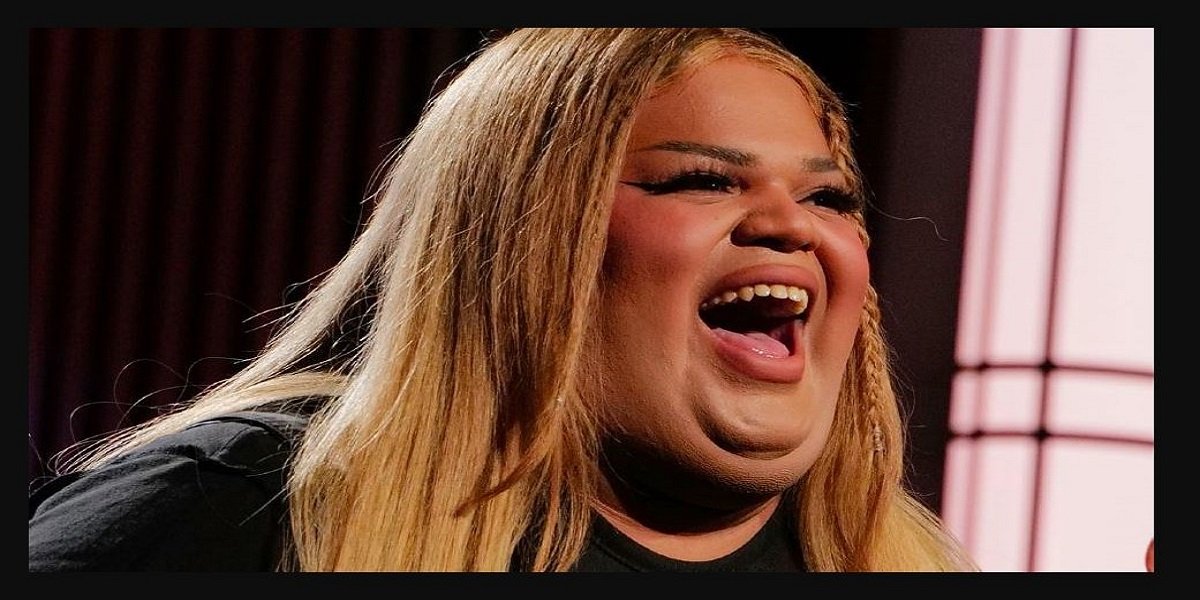Language is a fascinating tool that evolves over time, allowing us to express complex emotions, characteristics, and behaviors. One phrase that often piques interest is “very demure.” In this article, we will delve into the very demure meaning, exploring its definitions, usage, cultural significance, and more. Whether you’re a language enthusiast or someone curious about the nuances of English, this comprehensive guide will provide valuable insights.
What Does “Demure” Mean?
To fully grasp the very demure meaning, we first need to understand the root word, “demure.” The term originates from the Middle French word demourer, which means “to stay” or “to linger.” In contemporary usage, “demure” is an adjective that describes a person—usually a woman—as modest, reserved, or shy in manner or appearance.
Characteristics of Demure Behavior
- Modesty: A demure individual often displays a sense of modesty, particularly in clothing and behavior. This characteristic is typically associated with a preference for more conservative styles that do not draw excessive attention.
- Shyness: Shy individuals may often be perceived as demure, as they may avoid drawing attention to themselves in social settings.
- Reserved Demeanor: Demure people tend to be soft-spoken and gentle in their interactions, preferring to observe rather than dominate conversations.
- Gracefulness: Many demure individuals carry themselves with a sense of grace and poise, adding to their allure without being overtly flashy.
The Depth of “Very Demure Meaning”
Now that we have a grasp of “demure,” adding the word “very” intensifies the description. When someone is described as “very demure,” it signifies a deeper level of modesty or reserve. This phrase suggests that the individual exemplifies these characteristics to a pronounced degree.
Usage in Everyday Language
The phrase “very demure” can be used in various contexts. Here are a few examples to illustrate:
- Social Settings: “At the party, she was very demure, standing quietly in the corner and engaging only in light conversation.”
- Fashion Descriptions: “The actress wore a very demure dress that featured soft colors and a modest neckline, perfectly complementing her reserved personality.”
- Behavioral Context: “Despite her achievements, she remained very demure, always attributing her success to her team rather than seeking the spotlight for herself.”
The Cultural Significance of Being Demure
The concept of being demure has varying cultural interpretations. In some cultures, especially in more conservative societies, being demure is highly valued and associated with femininity and grace. However, in modern Western cultures, the perception of demureness can sometimes be viewed as outdated or a limitation to self-expression.
Modern Views on Demureness
- Empowerment vs. Modesty: In contemporary discussions, the idea of being very demure can sometimes clash with movements advocating for self-empowerment and confidence. Women are encouraged to embrace boldness and assertiveness, leading to debates on the balance between modesty and empowerment.
- Changing Standards: The standards of what is considered “demure” have also shifted over time. Fashion trends and societal norms play a significant role in how demureness is interpreted. For instance, a dress that may have been deemed demure a few decades ago may not carry the same connotation today.
The Role of “Very Demure” in Literature and Media
The phrase “very demure” is often used in literature and media to characterize certain individuals. These portrayals can be powerful and impactful, shaping perceptions of demureness in society.
Examples in Literature
In classic literature, many characters embody the essence of being very demure. For instance, Jane Eyre from Charlotte Brontë’s novel is often described as demure due to her reserved nature and moral fortitude. Such characters are typically portrayed as morally upright and worthy of admiration.
Media Representation
In modern media, the portrayal of very demure characters can range from romantic heroines to enigmatic figures. Films often depict these characters as quiet yet strong, providing a compelling contrast to more extroverted personalities. This representation can shape societal views on modesty and femininity.

Conclusion
Understanding the very demure meaning offers valuable insights into the complexities of language, culture, and social norms. While the term carries traditional connotations of modesty and reserve, it also invites discussions on empowerment, self-expression, and changing societal standards.
Whether used in everyday conversation or found in literature and media, the phrase serves as a reminder of the diverse ways individuals can express their identities. Embracing or challenging the notion of being very demure is ultimately a personal choice, reflecting one’s beliefs and values.
FAQs
“Demure” is an adjective used to describe someone, typically a woman, who is modest, reserved, and shy in manner or appearance.
The term “very demure” intensifies the description, suggesting a more pronounced level of modesty and reserve compared to simply being demure.
The phrase can be used in various contexts, such as social situations, fashion descriptions, and discussions about behavior.
The perception of being demure can vary. In some cultures, it is seen as a positive trait associated with femininity and grace, while in others, it may be viewed as limiting self-expression.
The perception of demureness has evolved, with modern discussions often focusing on the balance between modesty and empowerment, leading to changing standards in fashion and behavior.



